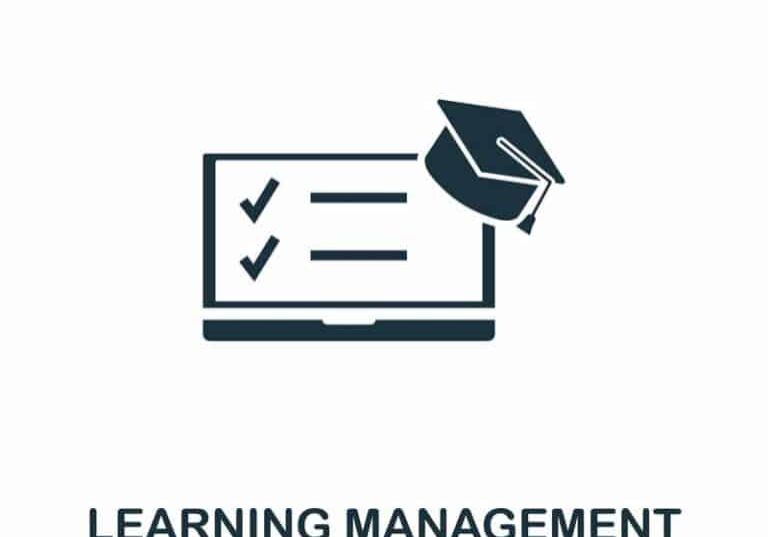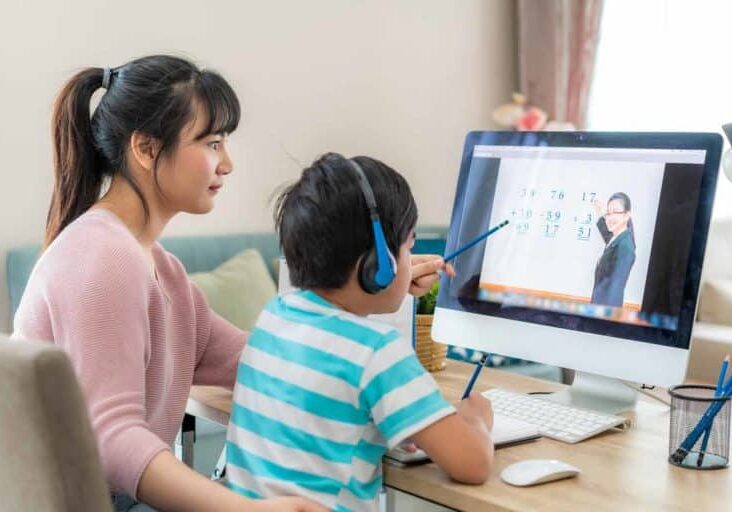Instructional Technology Coaches can be seen as powerful change agents in schools. They can inspire educators to push beyond traditional pedagogical practices, redefine their instructional approaches, and ignite (or reignite) a passion for teaching.
The instructional technology coaches at Knowing Technologies have created this list of “helpful tips” from their experiences at different K12 schools.
Know Your Audience
- Coaches must have a strong understanding of the different abilities and comfort levels that exist within their faculty population. Create a GoogleForm to gather some quick feedback from your teachers (about what?). With this knowledge, coaches will feel informed as they design their professional development plans around instructional technology.
Think Big, Start Small
- There are many new and innovative professional development models emerging in schools (unconferences, edcamps, personalized coaching). All of which have their strengths and weaknesses. It will be critical for coaches to decide on which model would work best for their faculty. Create the vision, think big, but make sure it is implemented in a way that is not seen as an overly dramatic shift from what was done in the past. Change can be challenging, be thoughtful with your implementation plans.
Trust is Key
- When working with faculty members (one-on-one or in a small group setting) be thoughtful of the words that are used when describing approaches to technology integration. Avoid using phrases like, “this will make your lessons better” or “we need to look for ways to improve what we are doing”. These phrases imply that what they are currently doing now is not good at all — or at least that is how it will be perceived. Again, this goes back to knowing your audience. Be sure to build trust and get teachers energized around new ideas and approaches. Careful with word choice!
Develop Confidence by Providing Ongoing, Personalized Support
- Providing support that yields confidence and successful integration with technology is a huge win for both coaches and teachers. Be sure to tailor the support so that it meets the needs of each teacher individually. If teachers need multiple sessions scheduled with their coach, then schedule those on the calendar. Gone should be the days of single day in-services that are not followed up with continued support.
Scaffold Your Support
- Coaches should see the teachers they are working with as adult learners. No matter the age, most learners do not like to be overwhelmed with too much information or ideas all at once. Be sure to scaffold the approach so that great ideas can become a reality. This will lead to higher success rates for teachers and increase overall confidence with technology.
Promote Independence and Leadership
- Supporting teachers as they develop their skills with technology integration is central to the work of every coach. However, it will also be important not to provide so much support to teachers as to thwart independence. Promoting independence and resiliency will lead to sustained growth and hopefully, in time, a fluency with instructional technology. These teachers will naturally emerge as leaders and will be great resources for their colleagues.
Identify Objectives and Build in Accountability Measures
- Working with teachers to develop measurable? objectives, with clear timelines, can provide the structure and motivation that teachers may need to further develop their skills and use of instructional technology. Giving teachers time at a faculty, department, or administration meeting to share their use of an online tool or how they used technology in a meaningful way is a great way to promote the use of technology while at the same time providing a certain amount of accountability for the teachers receiving support from a coach.


